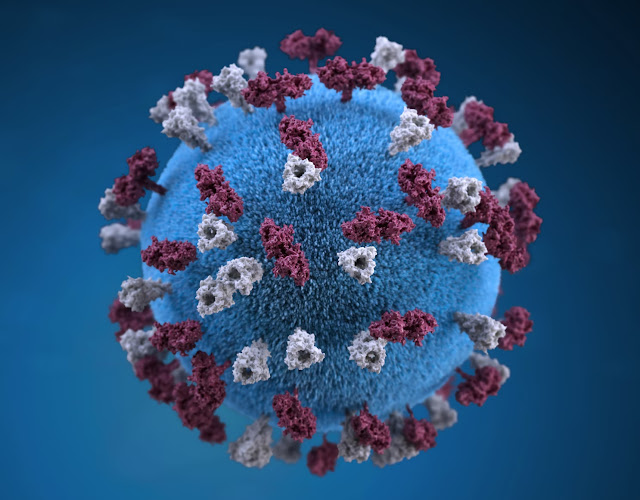Featured
- Get link
- X
- Other Apps
What Are Other Health Science Degree Paths/Options?
While a health science bachelor's degree is a possible next step for associate graduates, it's not the only one. Contingent on your career goals, bachelor's degrees in areas such as exercise physiology, public health, or nursing may be suitable. If you want to take your vocation even further, a graduate degree in these subjects or related ones can also help. Health science associate degrees provide the foundational education needed to succeed in many of these higher degree programs.
Online Bachelor's Programs in Health Science
Online bachelor's programs in health science, or a Bachelor
of Science in Health Science, are similar to associate degrees in that they
cover a wide variety of relevant topics so students can pursue many career
paths. There is room for more advanced study and study in specialized topics.
Additionally, some online health science programs are designed for graduates of
allied health associate degrees (such as dental hygiene, respiratory therapy,
etc.) to build new skills.
Scholars can choose an area of emphasis such as healthcare management, exercise science, sports management, and emergency planning, among others. This will vary by school, however. Choosing an emphasis allows students to begin coursework that will direct them in the path of their chosen careers, such as surgical technology, physical therapy assistant, health administrator and radiography.

Online Master's Programs in Health Science
Online master's programs in health sciences are suitable for
working adults and are designed for career advancement or career change, with
advanced-level study in health science topics. The curriculum in a
masters-level health science program is a little less general than its
undergraduate counterparts. Students can choose from several concentrations
including, but not limited to, public health, health leadership, health teaching,
and environmental and occupational health and safety. The curriculum also
explores management and leadership skills, ethical responsibilities, and how to
understand and work with diverse populations.
Online Doctoral Programs in Health Science
Online doctoral programs in health science, usually titled a
Doctor of Health Science (DHSc), prepare students to become college professors
and researchers in health science disciplines. They are also suitable for
career advancement in positions in public health and other community positions
related to health care. There is also a Ph.D. in Health Science, which also
prepares students for positions in academia and research. Both types of degrees
usually require courses in research, leadership, education, and professional
development. In-person practicums to develop skills may also be required. The chief
difference between the two degrees is that a DHSc is more for practical
application while a Ph.D. is more for scholarly development.
- Get link
- X
- Other Apps
